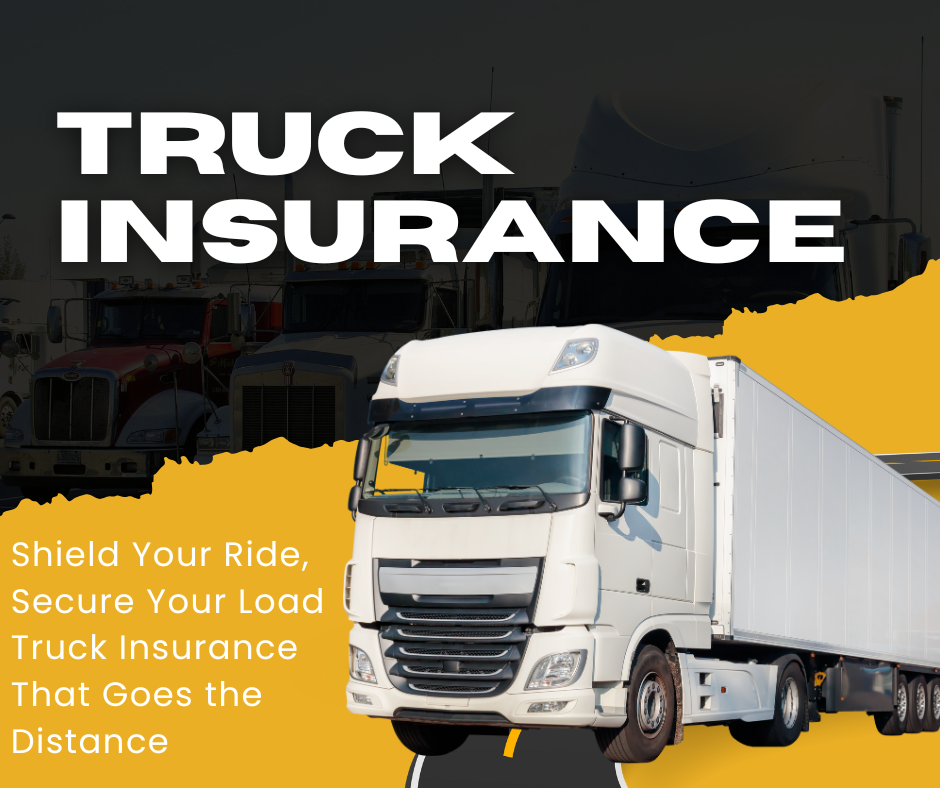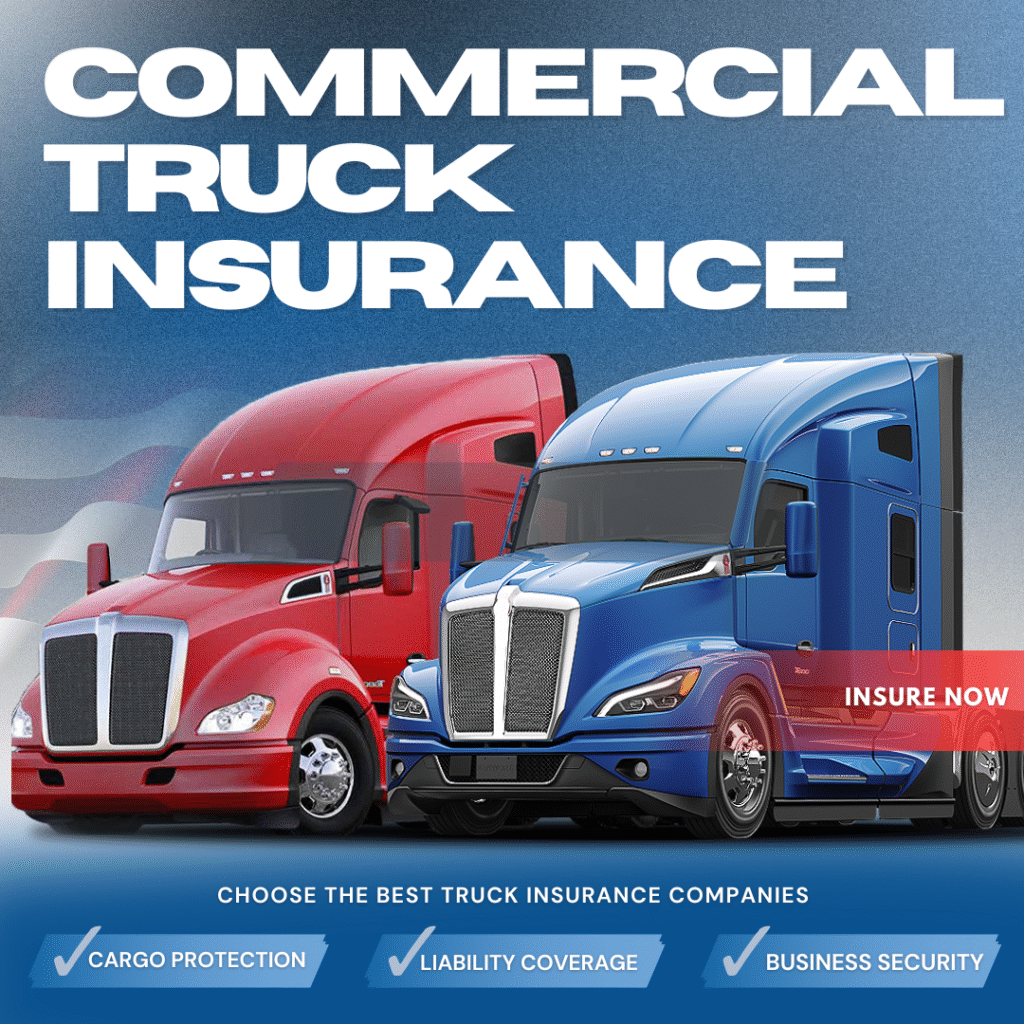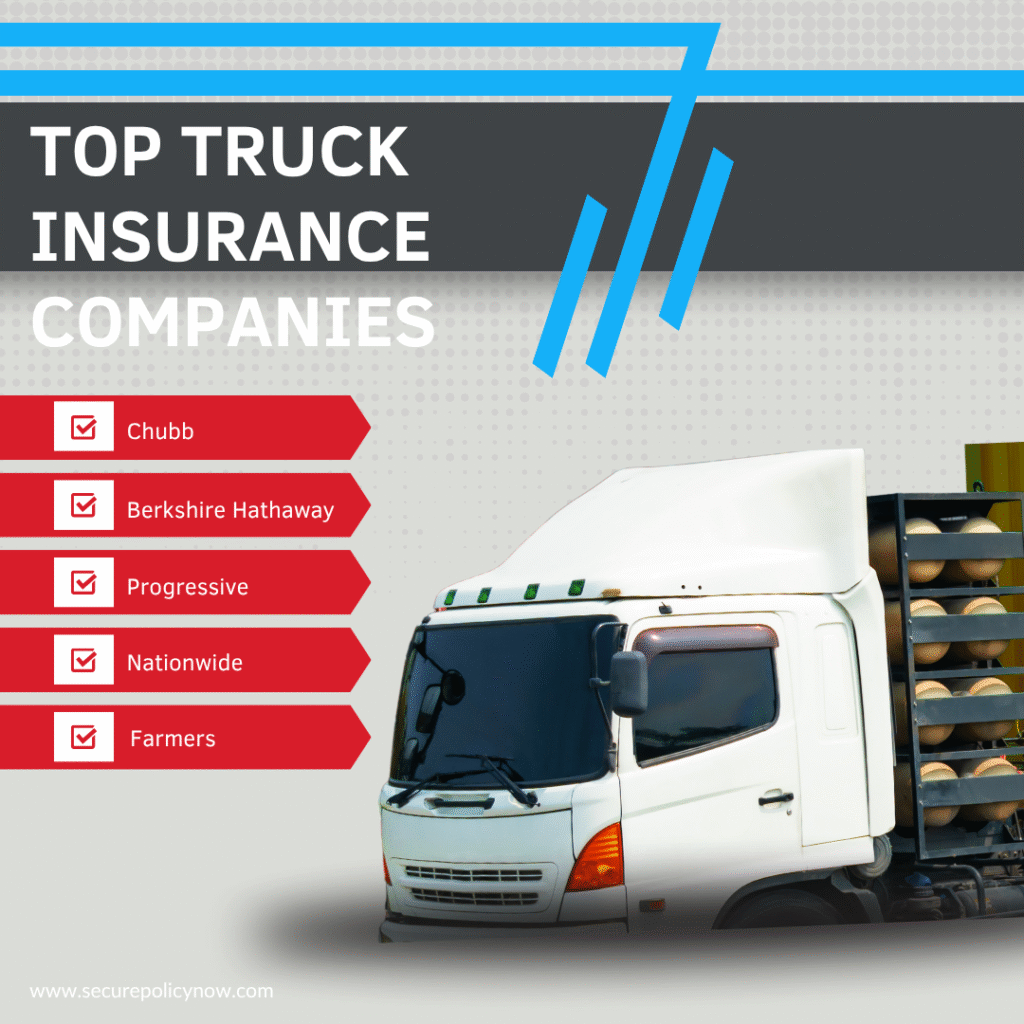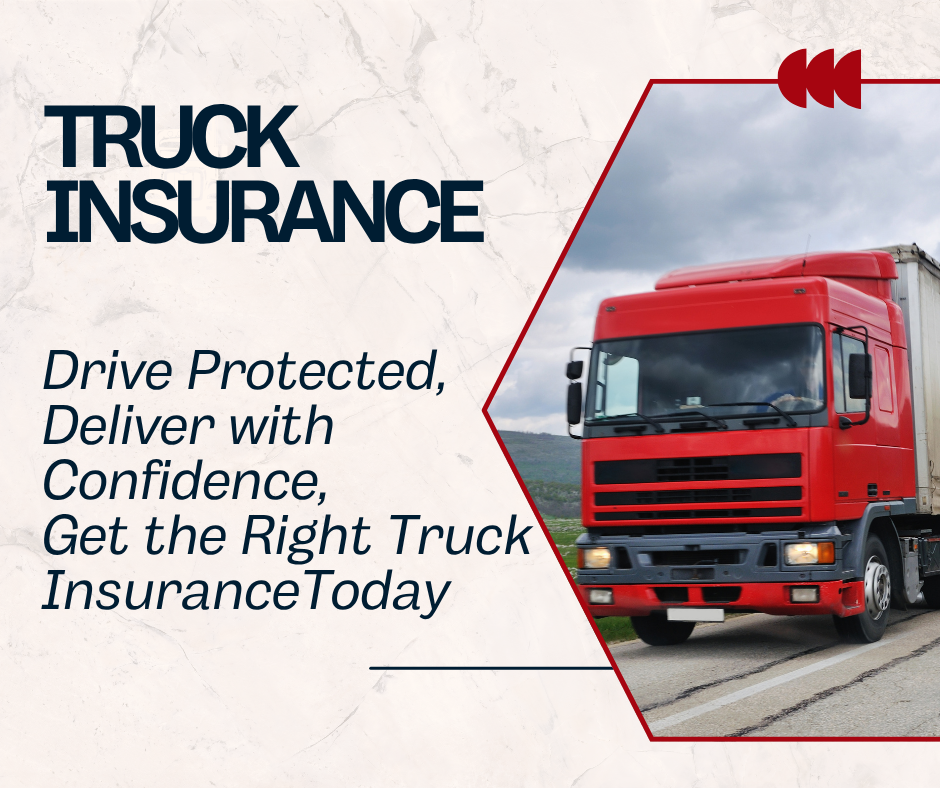No Insurance, No Authorization!
Trucks are the backbone of U.S. commerce. Operating a commercial trucking business or driving a truck comes with a lot of decisions, including which cargo to carry, maintenance of equipment, arranging routes of deliveries. And one thing that many people miss is how to make the right choice of a truck insurance. There are many trucks on the road and the Federal Motor Carrier Safety Administration (FMCSA) has low tolerances regarding insurance cover. It is a form of insurance to cars and drivers. It protects the business from huge losses due to accidents, damage, or incidences.
This article provides comprehensive information on insurance truck drivers’ needs, types of coverage, and how to adjust costs to fit your budget.
What is truck insurance and how does it work?
Truck insurance saves the truck owners, the trucking companies, or the truckers, financially and legally after an accident occurs. The policy insures destruction of the truck drivers, bodily injury to bodily insured trucks, and cargo. However, unlike commercial auto insurance, which covers a wide range of vehicles, truck insurance only covers personal and business trucks used in construction, agricultural, transportation, and family activities. These are pickup trucks, cement mixers, towing trucks, box trucks, dump trucks, flatbed trucks, apartments, and semi-trucks and also tractors.

To get the trucking insurance, you have to talk to an agent on the phone or get to the office of an accredited insurer. Once you sign up, you can choose a policy limit and deductible to compensate your claim in the event of an accident. Different insurance companies in the market that deal with commercial vehicle insurance have different rules concerning settlement of claims.
Businesses that need truck insurance
Companies which use trucks to perform their duties normally require commercial truck insurance. They cover a variety of truckers, including: General freight haulers, Agriculture haulers, Car haulers, Dirt sand and gravel haulers, Expeditors, Log haulers, Household movers, Auto repair shops, Towing services, Roadside assistance.
Commercial truck insurance
Under commercial auto insurance, there is a commercial truck insurance which insures the businesses, which use trucks in their operations.
Policies that cover commercial trucks may be extremely high insurance when compared to personal auto policies and can include:
- Primary liability insurance coverage on injuries and property damage by truck.
- Physical damage coverage for the truck itself.
- Cargo insurance to protect against lost or damaged freight.
- General liability for business-related risks.

As a single truck or fleet owner, proper commercial truck insurance is important for keeping your business secure and legal.
Types of Trucking Insurance
The following are the top most recommended coverages for a commercial truck insurance policy:
Primary Liability Insurance:
This is basic trucking insurance. It insures against property destruction and the injuries of others due to their driving. It is a mandatory legal requirement of any commercial truck driver.
Physical Damage Insurance:
This kind includes repairing or replacing your truck in case you are hit, theft, damaged by vandals, or even by a storm.
Cargo Insurance:
This insurance covers your cargo. Cargo insurance covers your goods whether they are destroyed in a collision, stolen or are ruined in fire.
General Liability Insurance:
This is essential for addressing off-road incidents, including slips, loading casualties, and other accidents that may occur in running your business.
Bobtail Insurance:
Also referred to as non-trucking liability insurance it can cover your truck when you are taking it to work, not on a dispatch call. E.g., when you have a day off and are out doing errands.
Uninsured Motorist Insurance:
This will cover you even though you get involved in an accident with a driver who has no insurance. It assists in medical expenses and car repairs where the other party is not insured but is at fault.
Another term is weekly car insurance which offers a temporary period of driving like renting a car by a friend over the week. Such insurance is flexible and may be adjusted to personal
Truck insurance cost
Insuring a truck also depends on the type of truck, its usage, the operator of the truck, and the prices are very expensive. In 2024, the median monthly cost of commercial for-hire truck insurance nationwide in Progressive was between $746 and $954, a specialty trucker, and other transportation truckers. These are averages your actual rate can be higher or lower.
Tips for lowering trucking insurance costs
Trucking insurance cost lowering strategies
Choose newer trucks: Modern safety features help cut insurance costs.
Hire skilled drivers: Drivers with clean records usually get lower rates.
Keep records clean: Regular training and careful driving can significantly lower insurance prices.
Plan smart routes: Avoid places that are risky to attract additional bills.
Bundle your policies: Insuring all your coverage with the same insurer will allow you to receive discounts.
Top Truck Insurance Companies
Chubb: Best when used on big companies with more than 10M in revenue.

Berkshire Hathaway: Offers coverage through GEICO, biBERK, and THREE.
Progressive: Top choice for truckers with commercial auto coverage.
Nationwide: Known for reliability and wide coverage.
Farmers: Offers a wide range of business insurance.
State Farm: Highly rated for customer service and nationwide reach.
Hartford: Popular with small and mid-sized companies.
Allstate: Strong in auto coverage with good customer support.
Insureon: An online marketplace where you may compare prices from top insurance.
Tips to navigate insurance applications
Many trucking companies struggle to obtain the necessary insurance coverage due to unfamiliarity with the process. To obtain your insurance, you’ll need a CDL (where applicable; are you hauling 26,000 pounds or more?), your MC (motor carrier) and Navigating Insurance ApplicationsDOT (Department of Transportation) paperwork and proof of your vehicle’s data (like the VIN number). Your personal insurance agent will clarify if additional information is needed. Before submitting your application, consider strategic cost reductions, such as bundling policies with the same agency, improving processes, investing in employee training, or hiring experienced truckers with no traffic violations. You can use these cost reduction suggestions to determine whether to obtain trucking insurance or not.
FAQs
What insurance do I need for a truck?
Personal auto insurance would be required to cover personal time and commercial truck insurance would be required to cover the business as well as the liability and physical damage.
Are trucks good insurance?
Insurance on trucks tends to be more expensive than that on cars because of the increased risk and value but provide vital cover in business protection.
What is the cheapest truck insurance?
Liability-only insurance on personal-use pickup trucks is the least expensive base level, usually beginning at about 70 dollars per month.
What is the average truck insurance cost?
Insuring commercial trucks costs about 700-950 dollars a month and personal pickup trucks cost 70-150 dollars a month.




